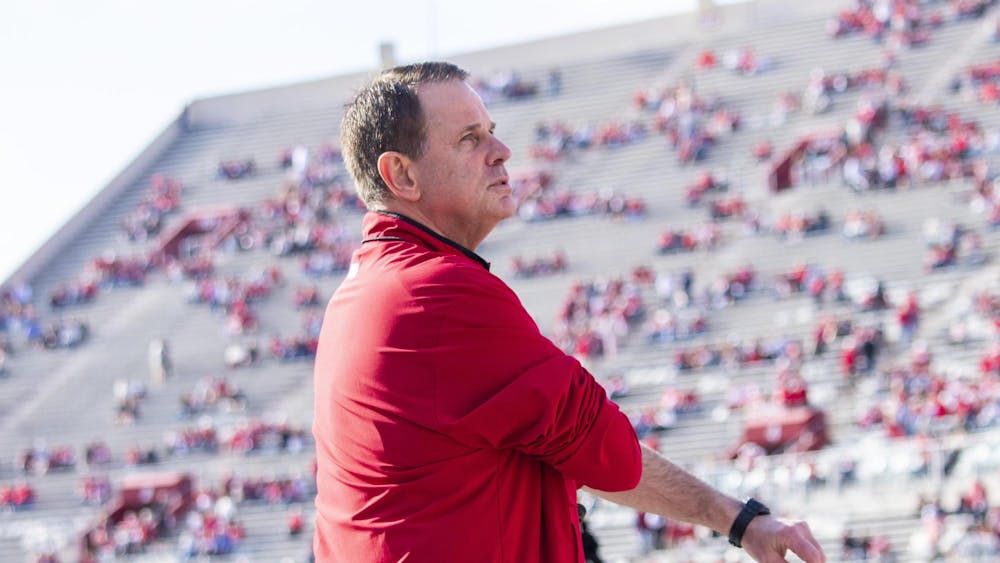INDIANAPOLIS -- Republicans who control the Senate rejected Democrat proposals Friday to put devices similar to slot machines at Indiana's two racetracks to help funnel more money toward public schools.\nAmong other proposals to boost education funding, Democrats suggested splitting 5,000 pull-tab slot machines operated by the Hoosier Lottery between racetracks in Anderson and Shelby County.\nSen. Tim Lanane, D-Anderson, said 60 percent of the new tax revenue would go toward education with the rest split between the horse racing industry and the two tracks, each of which would host 2,500 machines.\nLanane predicted the proposal could provide 1,000 jobs and bring in up to $300 million a year -- meaning an extra $180 million a year for schools.\n"We think we can do a lot with that money for the benefit of public education," he said.\nDemocrats said that option was better than the current proposed budget, which includes a 19 cent per pack cigarette tax increase and taking money from some riverboat communities.\nBut Republicans said the gambling proposal was not without pain.\n"We're taking advantage of poor people, of people with problems," said Sen. Gary Dillon, R-Pierceton. "We're hurting families."\nLanane's amendment failed 33-16 on a largely party-line vote. Similar proposals to bring slot-like machines to the tracks have failed the past two years.\nDemocrats, outnumbered by Republicans 33-17 in the Senate, also offered other ways to beef up school spending.\nSen. Vi Simpson, D-Bloomington, said property tax credits should be capped for the wealthy. Her proposal would block those with homes or property valued at more than $250,000 from receiving property tax and homestead credits on the value of the property that exceeds that amount.\nShe said the idea could save the state $100 million a year that could go to schools, but the proposal was rejected.\nThe Senate's proposed budget would give schools a 1.2 percent increase in 2006 and a 1.3 percent increase in 2007. But many school districts, particularly those with declining enrollments, would see state funding cuts.\nSimpson also suggested introducing a "fixed cost index" into the school funding formula. The index would take into account the age of buildings, cost of transportation, value of teacher contracts and other fixed costs school districts have.\nSome districts with older buildings, for example, may cost more to heat. And districts hiring new teachers may pay lower salaries than those with older teachers with more experience.\n"These kinds of details make a great deal of difference to the school corporations we represent," Simpson said.
Senate Republicans reject proposal to use gambling funds for education
Get stories like this in your inbox
Subscribe




